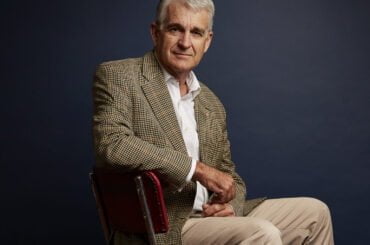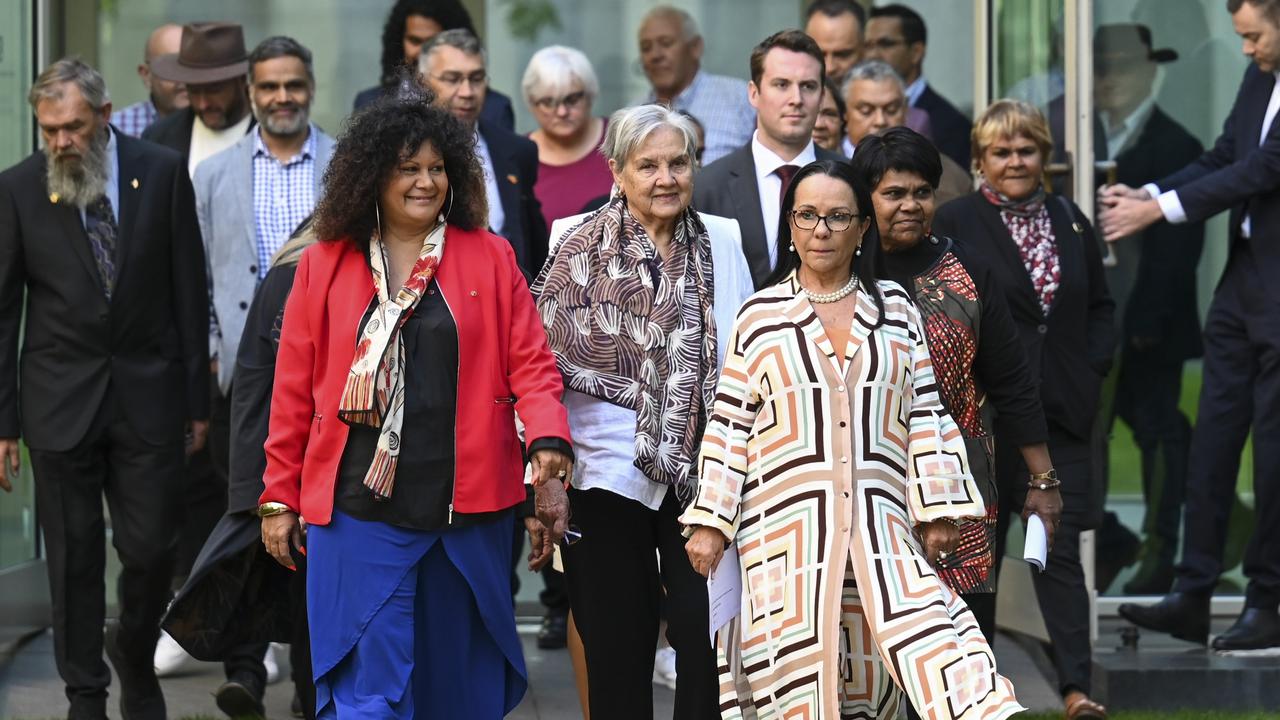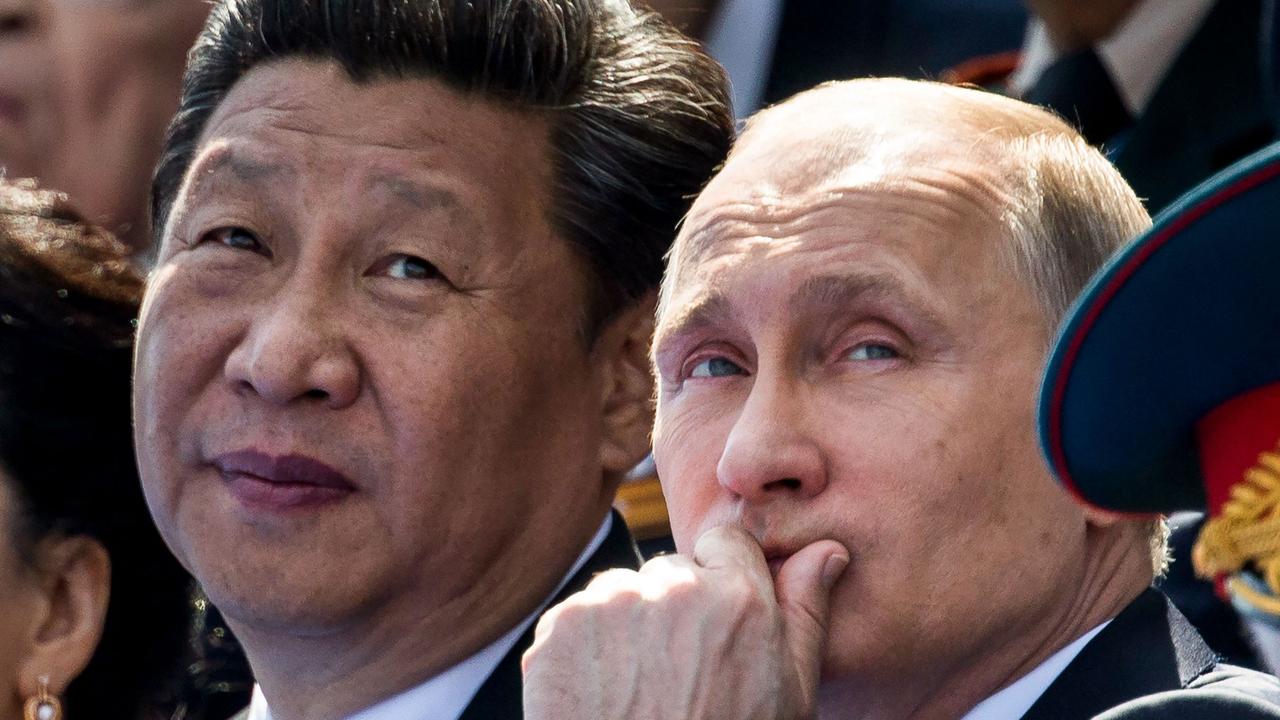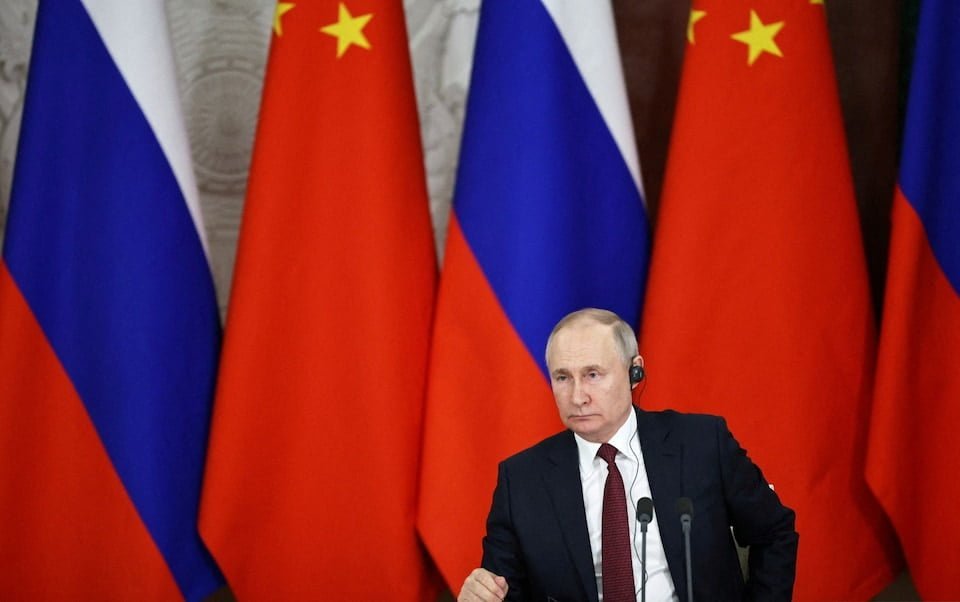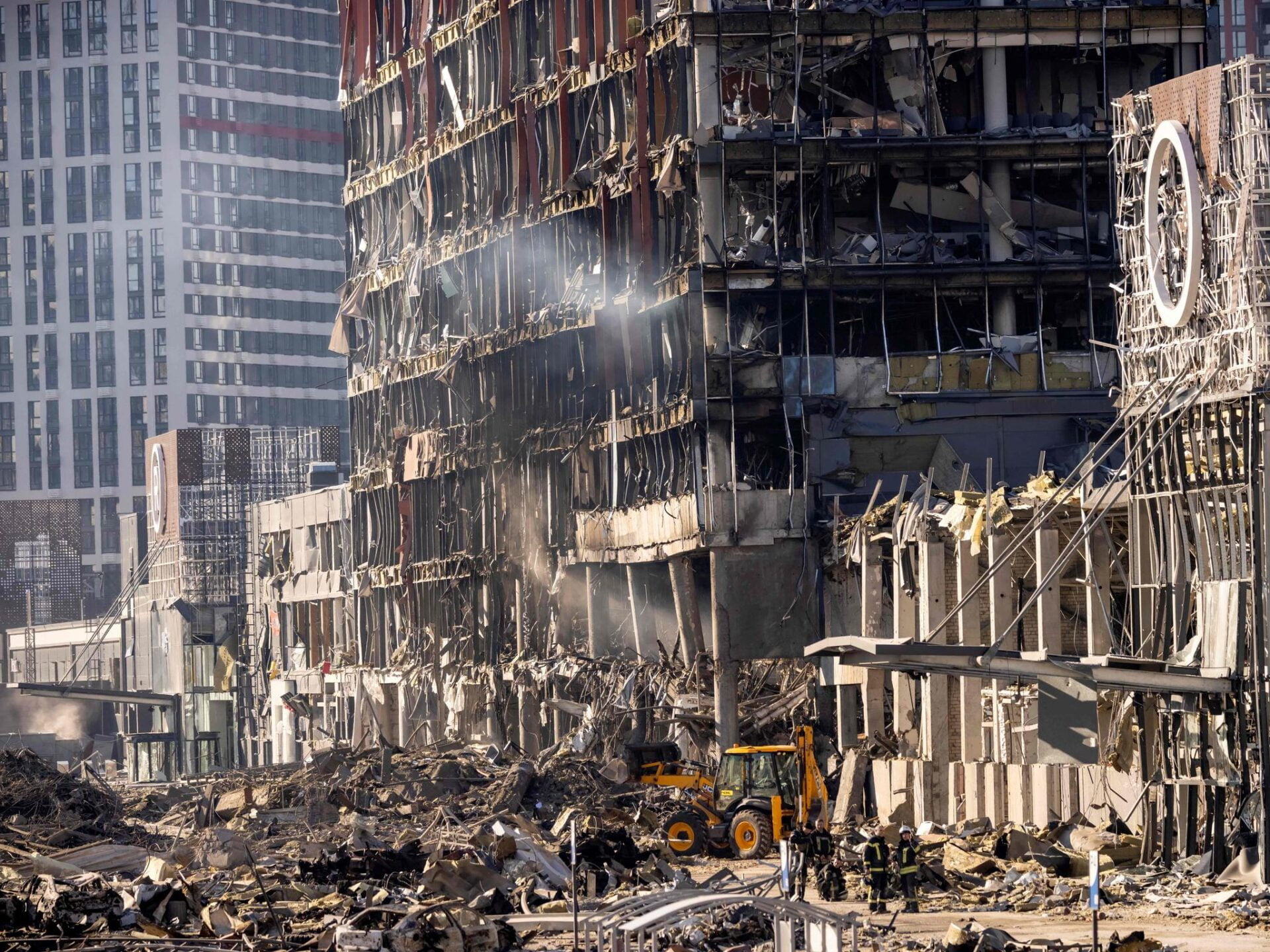
The Turnbull government’s budget cuts are less than a rounding error
Along with many locals, I've been fighting a summer bushfire in recent days.
Once more, I've been powerfully reminded of the extraordinary way in which when faced with the common enemy of a bushfire, everyone drops everything – including their differences – and makes whatever contribution they can to overcoming the common threat.
Effective leadership and selfless teamwork save the day, time and time again.
If only we could emulate this nobility of "common cause" when it comes to Australia's rapidly flaring budget bushfire.
For the sake of future Australians, it is high time that we all recognise a responsibility to bring whatever we can to overcoming this common foe. Political leaders, we as electors, and the media need to put aside the selfish defence of sectoral interests and pull together properly as Australians.
Concerning update
The government's Mid-Year Economic and Fiscal Outlook – its budget update – is a concerning document. What it reveals should ignite a sense of resolve and determination across the nation and its political representatives, particularly in the Senate, to do better.
Commonwealth government net debt is forecast soon to hit a record level as a share of GDP since at least 1970. The budget is nowhere near being brought back into balance, let alone surplus. This year's deficit remains above 2 per cent of GDP and at least a further three deficits are projected thereafter. A deficit which is not explicitly an investment in future surplus is nothing more than an act of stealing from an evermore impoverished future, to pay for today. It is an ugly expediency that shows cavalier disregard for future generations and it needs to be recognised for what it is.
Having served on the Cabinet Expenditure Review Committee, I am very conscious that the political difficulties involved in budget repair are immense, especially when the Senate is controlled by people who seem to have little understanding of their responsibilities to future voters, our children, and are happy to engage in what is effectively intergenerational theft.
Nonetheless, the first six months of a parliamentary term are usually critical in terms of budget repair. Given our short three-year terms, those early months offer the best chance to introduce difficult budget measures, before the next election begins to loom too large in the minds of politicians. Unfortunately, the government will now be almost a year into its three-year term before bringing down its first comprehensive post election policy document in the 2017/18 budget. Its political willingness to take tough decisions is unlikely to be any stronger then, than it was straight after the election, given deteriorating polls.
The government took a sensibly cautious approach in its MYEFO economic projections, including in relation to recently surging iron ore and coal prices. So far, so good. However, it followed the pattern of the last budget in adopting a lethargic approach to budget repair.
That budget announced total savings measures of just $1.7 billion over four years, the equivalent of reducing spending by just a tenth of one per cent. On top of that, these measures actually worsened the problem by almost $3 billion over the first two budget years – supposedly to be offset by $4.5 billion of net savings in the final two out-years (when the budget numbers are unavoidably much more ropy).
The recent MYEFO was similarly lacklustre – but without the excuse of a looming election.
'Forecast' focus
If one focuses just on the current and next financial years – the so-called "forecast" period – the MYEFO achieves total budget savings from policy decisions of just $353 million. Yet total Commonwealth outlays over these same two years are forecast to be $898 billion. In terms of budget repair, this means the government did the equivalent of saying that for every $100 it spends, it has cut that back to $99.96 – hardly much to be proud of in its first major post-election budget statement, and almost six months into its three-year term!
As for the budget aggregates, this year's deficit is expected to be $37 billion – a level virtually unchanged from 2014-15 – and next year's deficit is forecast to still be $28.7 billion.
Spending as a share of GDP is projected to be 25.2 per cent this year, a high level by historical standards, and then to remain unchanged at this high level for the next three years.
This sits in stark contrast to the actions of previous governments which successfully returned the budget to surplus: the Labor government of the 1980s; and the Coalition a decade later. The former reduced spending by almost 4.5 percentage points of GDP over a four-year period, which today would be the equivalent of taking around $70 billion out of annual government outlays! The Coalition cuts, which I remember intimately and with sobriety, enabled spending to be slashed by around 2.5 percentage points of GDP over a four-year period.
Instead, in its first post-election budget statement the current government has indicated it now expects to make no net reduction in spending as a share of GDP over the forward estimates, from its high forecast level this year!
To be fair, the spread of computing power has made it easier than in the past to derail spending cuts by playing up the differing impact of measures on different groups. Compounding the corrosive impact of identity politics, we are encouraged to play the victim and focus on ourselves, rather than our common national interest.
Try harder
Still, just because something is harder is no excuse for not trying – and the recent MYEFO amounts to serious inaction, in the face of impending challenges.
Jobs growth slowed sharply in 2016 to just 90,000. Wages growth is at its weakest in the 20-year history of the current ABS Wage Price Index. Against this background, the government's plans for "innovation" and "agility" have gained little traction with the public or business. Nor has its 10-year company tax cut agenda, probably because people are sceptical of promises over a 10-year horizon.
Our nation had some substantial good fortune over the second half of 2016, with unexpected surges in key commodity prices, but is at risk of squandering this and appearing paralysed and indecisive.
Following the MYEFO, the government's credibility on budget repair and sound financial management is not yet shredded as is Labor's, but it is unquestionably on the line.
Just like the firefighters, we need to be pulled together as Australians, before control of the blaze is lost. We need our government to govern, and they and we need a recognition from others in Canberra that future generations will curse those who refused to allow the blaze to be contained until it was too late.
John Anderson was the Member for Gwydir from 1989 to 2005, leader of the National Party and Deputy Prime Minister from 1999 to 2005, and served on the Expenditure Review Committee of Cabinet
Originally published in Financial Review
Original Article
